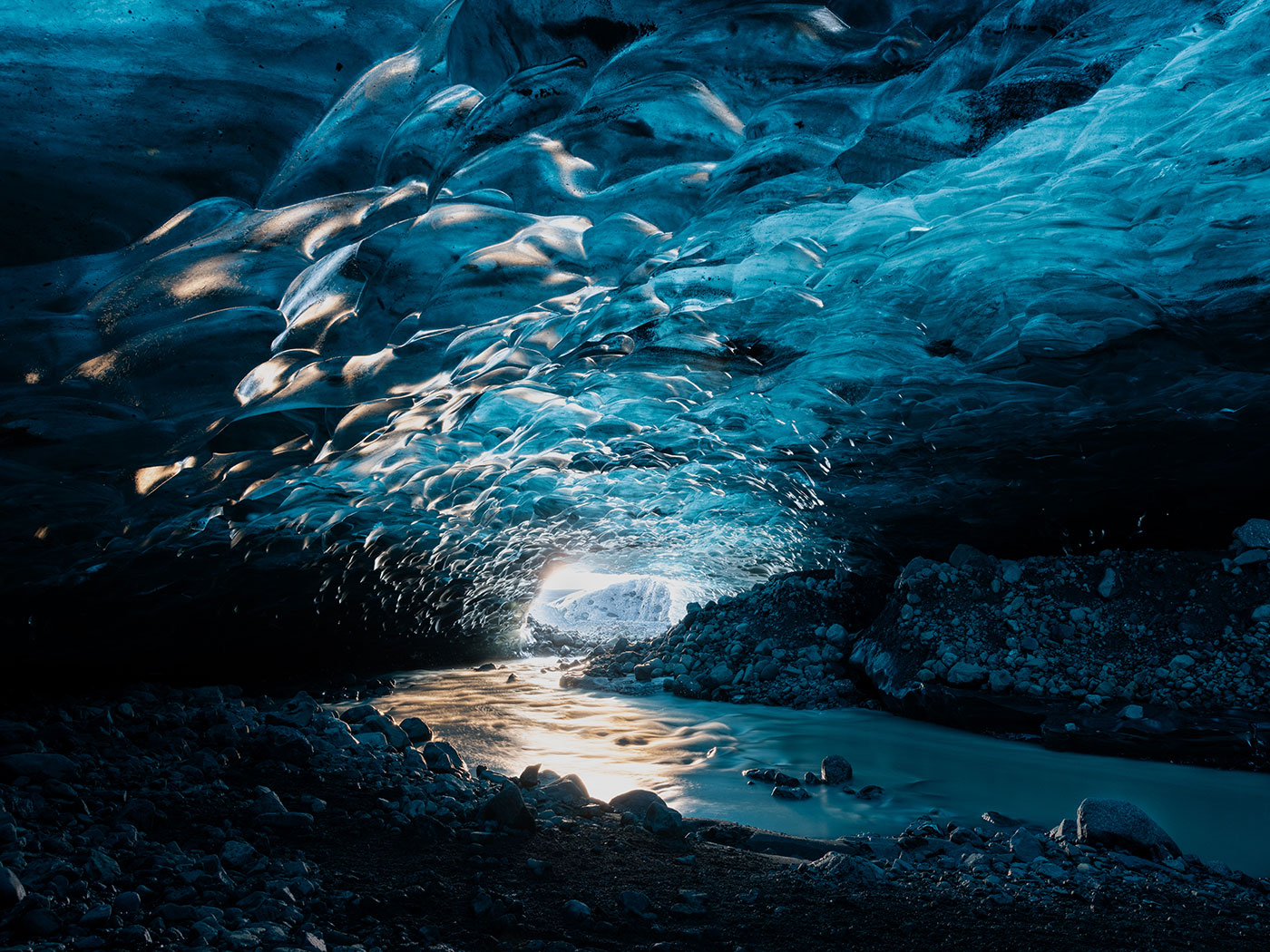Christians who oppose recent creation often assert that faith in Christ does not require a belief in recent creation, and they argue that insisting that the world is only thousands of years old hinders sharing the gospel by adding an unreasonable barrier to belief. But believers should consider two reasons why recent creation actually supports the gospel.
The Greek word translated as gospel means “good news.” Because we are all sinners, we have separated ourselves from our holy God. Despite this, He loves us and seeks to bring us into a close relationship with Him.1 Since God is just, He must deliver punishment to guilty sinners on the Day of Judgment—unless He were to place their punishment on a guiltless substitute willing to pay the death penalty for them. The Lord Jesus paid that penalty in full, then He rose from the dead to offer us eternal life with Him. We sinners can now seek the Lord’s forgiveness, trusting Christ to remove our sins and restore fellowship with our Maker.2
How does belief in a world that is thousands, not millions, of years old support this Good News? The first reason is that when Christians believe in a recent creation, they show complete confidence in the accuracy and authority of all of God’s Word, including its history. Telling unbelievers that they do not have to believe certain miraculous events described in Scripture—like creation, the global Flood, or God parting the Red Sea—but they do have to believe in the miracle of Christ’s resurrection sends a confusing message. On what basis should a person select which events actually happened and which supposedly did not? Since God knows everything, we can believe all the miracles and other historical occurrences He recorded in Scripture. After all, the same New Testament authors who saw and described the resurrected Lord also referred to recent creation, Adam, the Flood, and the Red Sea parting as real events.3,4,5
The second reason why recent creation supports the gospel is that it establishes the proper foundation. The only reason our salvation would require Jesus’ death is if our sins really earn eternal death. And they do: “Therefore, just as through one man sin entered the world, and death through sin, and thus death spread to all men, because all sinned….”6 Sin and death affect more than mankind, “for we know that the whole creation groans and labors with birth pangs together until now.”7 But if the whole creation is billions of years old, then according to the evolutionary interpretation of the fossil record, uncounted numbers of animals were dying long before Adam’s sin and its subsequent death penalty.8 Genesis 1:31says the world was “very good” before the Curse of death, not filling up with dead animals millions of years before Adam arrived.9 The very foundation for Jesus paying our death penalty is a recent creation that was cursed after the sin of Adam, who lived thousands, not millions, of years ago.
Can a person believe in Christ and not believe in biblical creation? Yes, but we should always be “bringing every thought into captivity to the obedience of Christ,” whose Word tells us both the true history of the world and the very Good News.10
References
- John 3:16.
- Romans 10:9.
- Luke 1:70. Note Zacharias’ mention of the prophets having been active since the world began, not billions of years after some Big Bang.
- 2 Peter 3:5-6.
- 1 Corinthians 10:1-2.
- Romans 5:12.
- Romans 8:22.
- Genesis 3:19.
- The vast majority of fossils formed from Noah’s recent Flood, which occurred long after the Curse.
- 2 Corinthians 10:5.
* Mr. Thomas is Science Writer at the Institute for Creation Research.



















